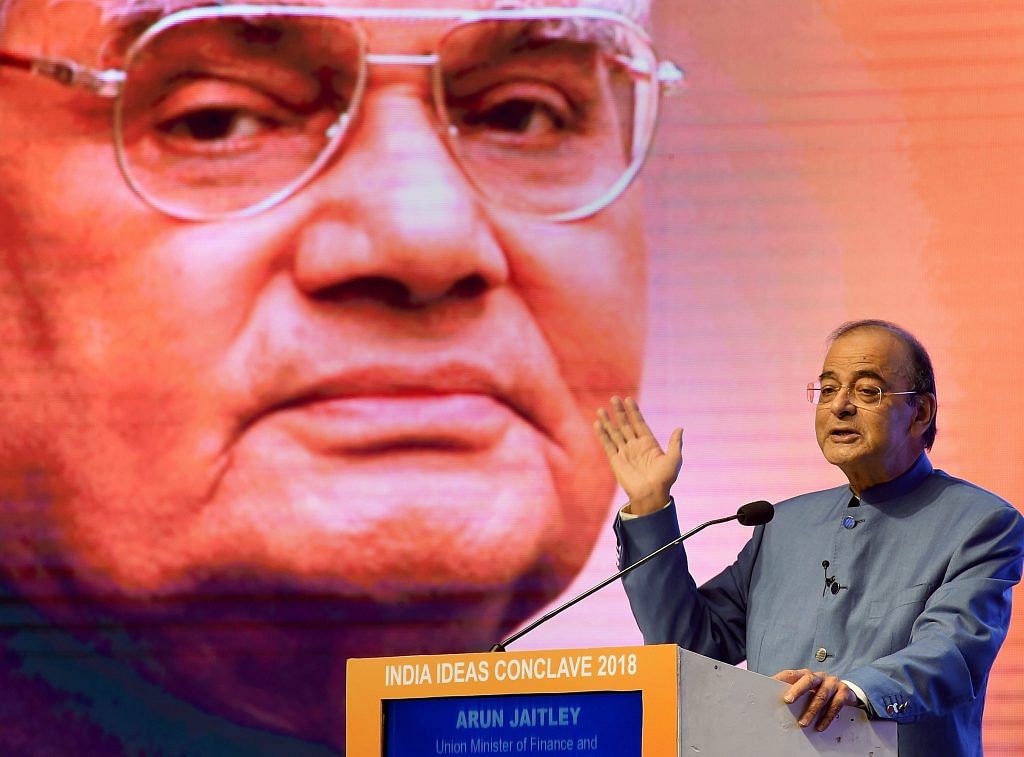Finance minister Arun Jaitley was delivering the first Atal Bihari Vajpayee memorial lecture when he said this in light of the ongoing Sabarimala temple protests.
New Delhi: It is easier for societies to reform through their own processes rather than by mandates of governments or others, Finance Minister Arun Jaitley said Saturday amid the ongoing controversy over entry of women in the Sabarimala temple.
One fundamental right cannot subsume the other. When it comes to religious rituals and the management of religion, unless a practice is hostile to human values, using one set of fundamental rights “to extinguish” the other will perhaps create further challenges, the BJP leader said, adding it was his personal opinion.
Although the Supreme Court has lifted a ban on entry of women who are between 10 and 50 years of age into the shrine, they have not been able to enter the temple because of protests by people who want to preserve the tradition.
Jaitley, who was delivering the first Atal Bihari Vajpayee Memorial Lecture here, observed that the same Constituent Assembly which gave the right of equality and dignity, also gave the right to religion and right to administer religious institutions.
Can one fundamental right override the other? Can one subsume the other? Can one extinguish the other? The answer is no. Both have to exist and therefore both have to harmoniously coexist, the minister said.
When it comes to religious rituals and the management of religion, he said, unless the practice is so obnoxious and hostile to human values, the same can go into the other fundamental right to religion and right to manage religious institutions. But if you use one set of fundamental rights to extinguish the other it perhaps will create further challenges.
Conventionally, Indian society has been working for social reforms, he said, adding banning of child marriage, Sati, bigamy and polygamy and allowing widow remarriage and equality in property for women are all social reforms which have been introduced.
“Therefore it is easier for societies to work out reforms through their own process, rather than mandates from governments or otherwise.
“And therefore in the interpretative process, my own view is, there is a greater statesmanship by allowing the two sets of fundamental rights to coexist harmoniously by finding how they can do it,” Jaitley added. –PTI
